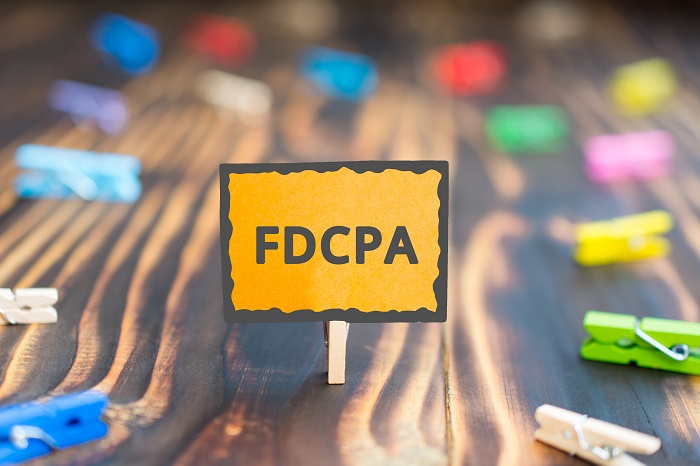The U.S. Court of Appeals for the Ninth Circuit recently reversed an award of summary judgment in favor of a defendant debt collector against claims that it violated the federal Fair Debt Collection Practices Act (FDCPA) by attempting to collect a debt that was discharged in bankruptcy and no longer owed.
Posts tagged as “FDCPA”
The U.S. Court of Appeals for the Ninth Circuit recently held that a debt collector cannot use the “bona fide error” defense to shield itself from liability under the Fair Debt Collection Practices Act (FDCPA) by merely (1) requiring its creditor clients to provide accurate account information, and (2) requesting verification of the account information from its creditor client, but not waiting to receive a response before trying to collect the debts.
The Consumer Financial Protection Bureau has released its final rule for the Fair Debt Collection Practices Act. The release of the rule promises to bring substantial changes in consumer debt collection practices.
The U.S. Court of Appeals for the Seventh Circuit recently held that factually accurate collection letters that did not make explicit or implicit suggestion about future outcomes did not violate the federal Fair Debt Collection Practices Act as they would not confuse or mislead the reasonable unsophisticated consumer.
The U.S. Court of Appeals for the Eleventh Circuit, in an unpublished opinion, affirmed a trial court order dismissing a consumer’s lawsuit holding that Georgia’s renewal statute, O.C.G.A. § 9-2- 61, did not save a claim that is otherwise time-barred under the federal Fair Debt Collection Practices Act (FDCPA).
The U.S. Court of Appeals for the Fifth Circuit recently held that a consumer’s contractual obligation to repay an overpayment in government grant money received by the debtor qualified as a “debt” under the federal Fair Debt Collection Practices Act (FDCPA) because it involved a consensual promise to repay in exchange for receipt of an item of value, and the subject of the transaction was primarily for personal, family, or household purposes.
The U.S. Court of Appeals for the Second Circuit recently held that a debt collector did not violate the federal Fair Debt Collection Practices Act (FDCPA) where it unintentionally sent a valid debt collection communication to a non-debtor.
The U.S. Court of Appeals for the Seventh Circuit recently affirmed the dismissal of consumers’ claims that a debt collector's separate reporting of debts accrued for medical services, rather than aggregated together, violated the federal Fair Debt Collection Practices Act (FDCPA).
The U.S. Court of Appeals for the Ninth Circuit recently affirmed the dismissal of a borrower’s complaint under the federal Fair Debt Collection Practices Act arising from a judicial foreclosure proceeding in Oregon, holding that the defendants were not attempting to collect a debt within the meaning of the FDCPA when only foreclosure was sought and not a deficiency judgment.
Joining similar rulings by the Eighth and Tenth Circuits, the U.S. Court of Appeals for the Fourth Circuit recently held that each violation of the FDCPA gives rise to a separate claim governed by its own statute of limitations period.
The U.S. Court of Appeals for the Seventh Circuit recently held that a debt collection verification letter, which sought to collect interest on a credit card debt for months after the time when the bank that issued the card did not send monthly statements, was not "false" and would not have misled their attorney in violation of the federal Fair Debt Collection Practices Act (FDCPA).
The U.S. Court of Appeals for the Seventh Circuit recently affirmed entry of summary judgment in favor of a debt collector that its collection letter language was “false, misleading or deceptive” in violation of section 1692e of the Fair Debt Collection Practices Act.












